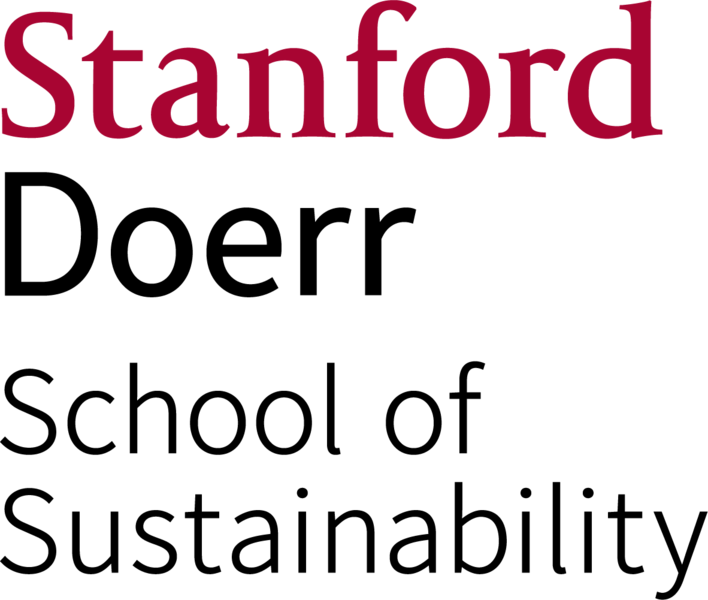Food-water-energy for Urban Sustainable Environments (FUSE): Integrated Analyses Focused on Pune, India and Amman, Jordan
Steven M. Gorelick1, Karin Küblböck2, Ines Omann2, Hannes Grohs2, Bernd Klauer3, Christian J. A. Klassert3, Sigrun Kabisch4, Annegret Kindler4, Raphael Karutz4, Yuanzao Zhu3, Heinrich Zozmann4, Joni Dib4, Yoshihide Wada5, Peter Burek5, Taher Kahil6, Mikhail Smilovic7, Rosamond Lee Naylor8, Anjuli Jain Figueroa1, Hassaan F. Khan1 and Ju Young Lee1, (1)Stanford University, Earth System Science, Stanford, CA, United States, (2)ÖFSE - Austrian Foundation for Development Research, Vienna, Austria, (3)Helmholtz Centre for Environmental Research UFZ Leipzig, Department of Economics, Leipzig, Germany, (4)Helmholtz Centre for Environmental Research UFZ Leipzig, Leipzig, Germany, (5)International Institute for Applied Systems Analysis, Laxenburg, Austria, (6)IIASA International Institute for Applied Systems Analysis, Water Program, Laxenburg, Austria, (7)IIASA International Institute for Applied Systems Analysis, Water, Laxenburg, Austria, (8)Stanford Earth Sciences, Stanford, CA, United States
December 2019 American Geophysical Union meeting, San Francisco, California
Abstract: Analyzing the interactions among food, water and energy (FWE) requires an integrated approach that takes into account coupled human-natural system and incorporates stakeholder participation. The FUSE project is an international, interdisciplinary collaboration among social scientists, natural scientists and engineers involving regional engagement to develop potential policy interventions that improve the sustainability of FWE resources. Our effort is focused on Pune, India and Amman, Jordan as archetypal expressions of urban-FWE challenges: large cities with growing populations, governance inadequacies, inequities in resource access, and decaying infrastructure. Both cities have intermittent water supplies and exhibit competition for water and energy with the agricultural sector. Our collaborative team is particularly focused on the urban setting including informal settlements, and a unique stakeholder participatory approach consisting of 2-stage Sustainability Living Labs (SLLs). The first set of SLLs has resulted in stakeholder-inspired and -oriented narratives and potential solutions. We are now constructing integrated multi-agent models to capture the connections and feedbacks in the urban FWE system under scenarios of future changes in climate, demographics, land use, and economic expansion so that policy makers can evaluate viable development paths adapted to local needs. In addition, our analysis employs a combination of remote sensing for land-cover change, hydrologic simulation, crop yield quantification, agronomic analysis, water-agricultural-energy supply / demand estimation, political-economic constraints, governance system evaluation, and multi-level, multi-agent decision-making. We plan to conduct a second set of SLLs in both cities to present the results of our multi-agent models and obtain stakeholder and expert participant feedback.
